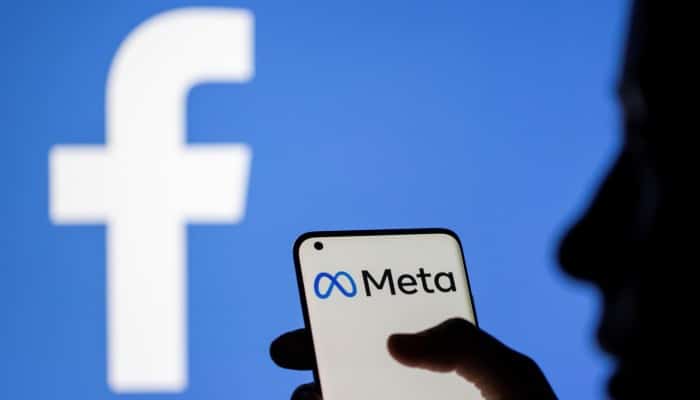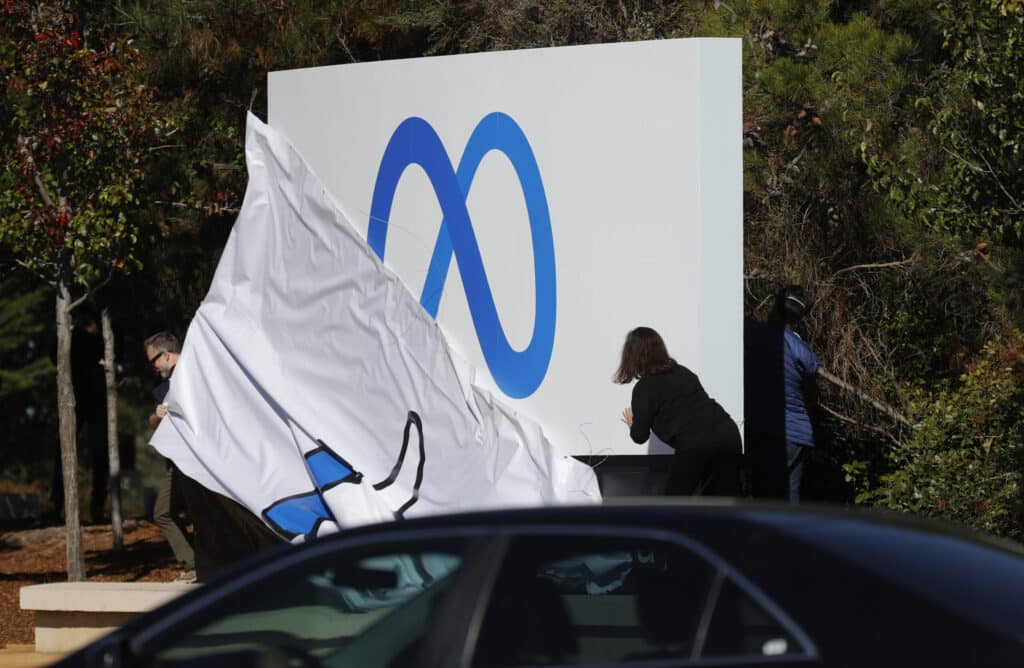On October 28th, 2021, Facebook announced that it would be changing its name to Meta. The announcement came as a surprise to many, as Facebook is one of the most recognized and influential brands in the world. In this essay, we will explore the reasons behind Facebook’s decision to rebrand as Meta and examine the potential implications for the company and its users.
Contents
The Metaverse: A New Era of Computing
Facebook’s decision to rebrand as Meta is rooted in the company’s vision for the future of technology. In his keynote address, CEO Mark Zuckerberg outlined his vision for the Metaverse, a concept that he describes as a virtual space that brings people together, regardless of their physical location. The Metaverse represents a new era of computing, one that is more immersive, social, and interactive than ever before.
Zuckerberg envisions the Metaverse as a place where people can work, play, and connect with others in ways that are not possible in the physical world. He sees the Metaverse as a platform that will enable people to have more meaningful and fulfilling experiences, from attending virtual concerts to collaborating on projects with people from around the world.
Diversify Company’s Portfolio & Build Trusts
The decision to rebrand as Meta is also a strategic move for Facebook to diversify its portfolio and reduce its dependence on its core social media platform. Facebook’s revenue primarily comes from advertising, and the company has been facing increasing scrutiny from regulators and users over its data privacy practices. By rebranding as Meta and pivoting towards the Metaverse, Facebook is positioning itself as a technology company rather than just a social media platform. Diversifying its portfolio is not a new strategy for Facebook. In recent years, the company has made strategic acquisitions of companies like Oculus, a virtual reality company, and Giphy, an animated GIF search engine. These acquisitions have positioned Facebook as a leader in the emerging fields of virtual reality and augmented reality.
Another possible motivation behind Facebook’s rebranding as Meta is to rebuild trust with its users. Facebook has been plagued by controversies over the years, from the Cambridge Analytica scandal to accusations of censorship and bias. By pivoting towards the Metaverse and emphasizing its commitment to user privacy and security, Facebook may be trying to win back the trust of its users. In his keynote address, Zuckerberg emphasized that privacy and security would be central to the Metaverse. He stated that users would have control over their data and that the Metaverse would be built with user safety in mind. Whether or not Facebook can rebuild trust with its users remains to be seen, but the rebranding as Meta is a step in the right direction.
Ensuing Implications
The rebranding of Facebook to Meta has several potential implications for the company and its users.
Firstly, it will allow Facebook to expand into new markets and revenue streams. By positioning itself as a technology company rather than just a social media platform, Facebook can leverage its existing user base to drive the adoption of its Metaverse platform. This could open up new opportunities for advertising, e-commerce, and other revenue streams. Secondly, the Metaverse represents a new frontier for social interaction and collaboration. Users will be able to connect with others in ways that were previously impossible, from attending virtual events to working on projects with people from around the world. This could have significant implications for education, entertainment, and even the way we work.




